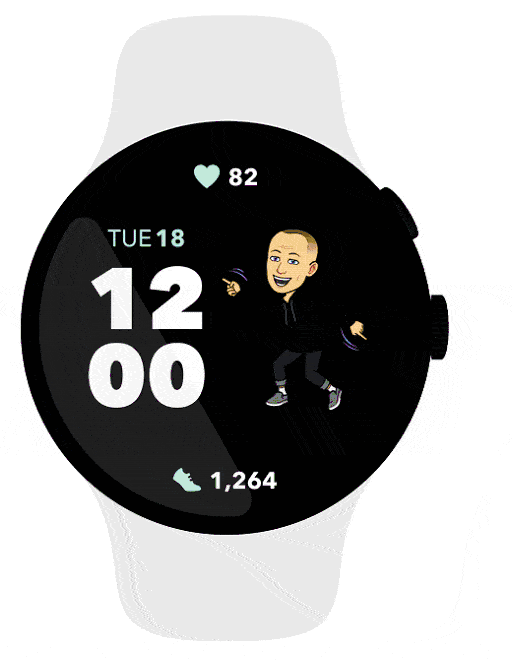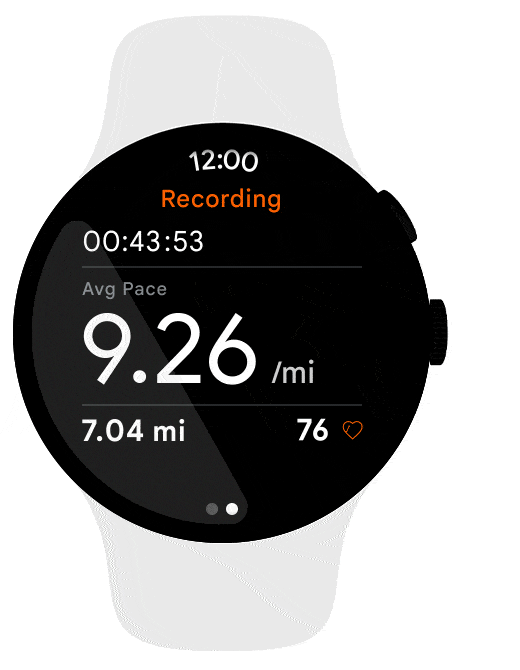Wear OS has been a bit of a disappointment, it has not received the love it deserves from Google, and Qualcomm have put no effort into advancing the SoCs at the same rate as phones.
While I don’t hate Wear OS watches, my experience with them has always been lacklustre. The abysmal battery life is, without a doubt, the main reason why I would never use one myself.
During yesterday’s Google I/O, Google announced the biggest refresh in years, and this is the best chance for Wear OS to compete with the Apple Watch or less smart platforms such as Garmin and Huawei.
Google x Samsung Wear OS Partnership
The single biggest piece of news is that Samsung and Google are partnering to use a single unified platform on their devices. All future Samsung smartwatches will now use WearOS. Older, Tizen based watches will continue to be supported for 3 years.
This is important for many reasons. Recently it looks like companies have given up trying with Wear OS. The Mobvoi TicWatch Pro 3 is the only watch to use the Qualcomm Snapdragon 4100+ chipset, which launched a year ago. Many brands continue to use the older Snapdragon 3100, including the new $5,800 Hublot Big Bang.
With Samsung backing Wear OS we should start seeing more hardware launches using the latest technology, and if anyone is going to make a good Wear OS watch, it is Samsung.
Samsung is not just launching WearOS hardware; they are helping develop Wear OS with some big claims made already:
For performance, our teams collaborated and made apps start up to 30% faster on the latest chipsets with smooth user interface animations and motion. To achieve longer battery life, we’ve worked to optimize the lower layers of the operating system – taking advantage of low-power hardware cores to enable better battery life. That includes handy optimizations like the ability to run the heart rate sensor continuously during the day, track your sleep overnight and still have battery for the next day. Finally, our unified platform will make it easier for developers to build great apps for the watch.
Fitbit Wear OS
Samsung will be joined by Fitbit, too, with future Fitbit wearable devices will be running Wear OS. They didn’t make it clear if all watches will use Wear OS, but it is likely the more affordable ones will remain on the Fitbit OS while new watches from the Versa and Sense range will become Wear OS.
What about chipsets? Will we see an Exynos Wear OS watch?
Google I/O is all about software, so no word on specific hardware announcements.
Wear OS itself has a lot of problems which hopefully are going to improve a lot with the latest announcement, but the underlying hardware it runs on is still not amazing.
Qualcomm has been glacially slow with improving its wearable chipset designs. The Snapdragon Wear 4100+ had the biggest upgrade in years, going from the 28nm to 12nm fabrication process and going from the 32bit ARM Cortex A7 to the 64bit ARM Cortex A53. However, only one watch using this has been launched.
The Exynos 9110 which was launched in 2018 and is used on the Samsung Galaxy Watch Active2, use the same CPU but 2 cores instead of 4 and is made on the 10nm fabrication process.
With Samsung teaming up with Google, it will be interesting to see if they launch their devices on the Exynos 9110 chipset and how the battery life compares to Qualcomm.
Or perhaps they will just disband this range of SoCs. Time will tell.
Other Highlights
Wear OS itself is getting plenty of improvements too. Along with the claimed speed and battery life improvement, we will get:
- Maps is getting Turn-by-turn navigation with no need for your phone to be nearby
- Health and fitness tracking is being rebuilt from the ground up in collaboration with Samsung and Fitbit. The new Health Services API alpha will be made available to developers at Google I/O. Early access will allow them to become familiar with the features.
- Google Pay is expanding to 26 new countries over the next month to bump the total up to 37. There will also be a Pay redesign later this year.
- Support for downloading music directly to your smartwatch is coming later this year. It will work via YouTube Music and Spotify. Yes, YouTube support is finally coming.
Posted by Mighty Gadget Blog: UK Technology News and Reviews

